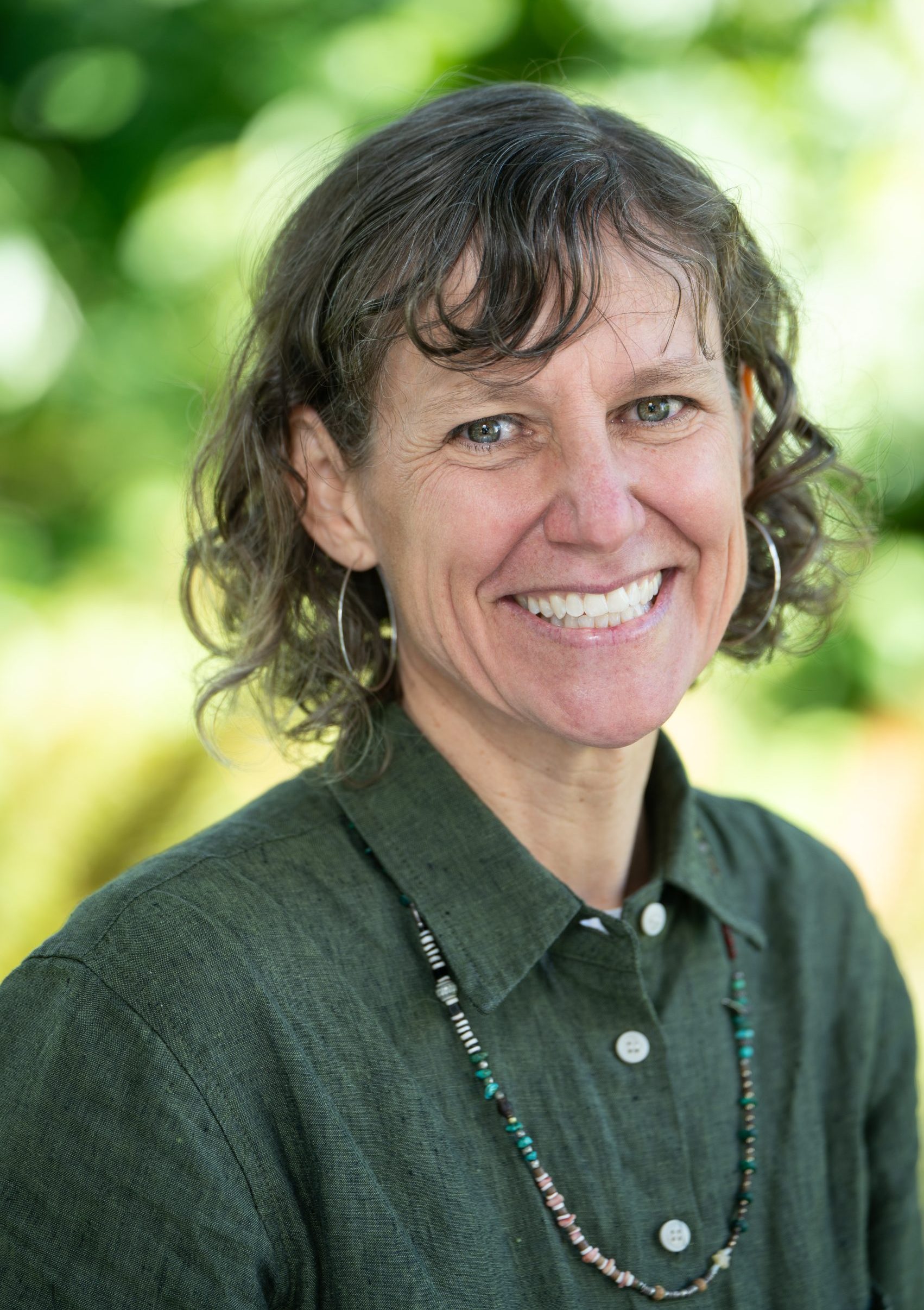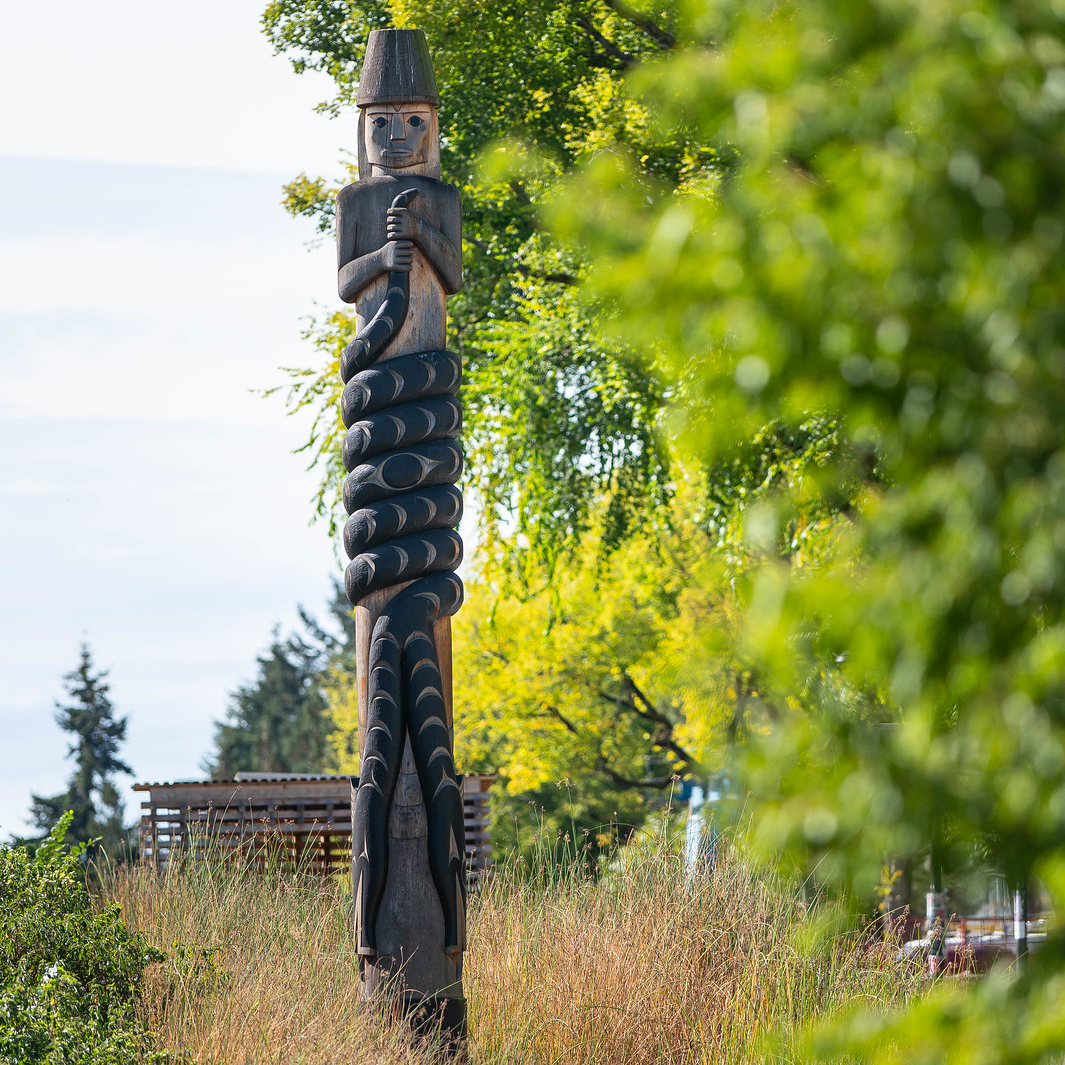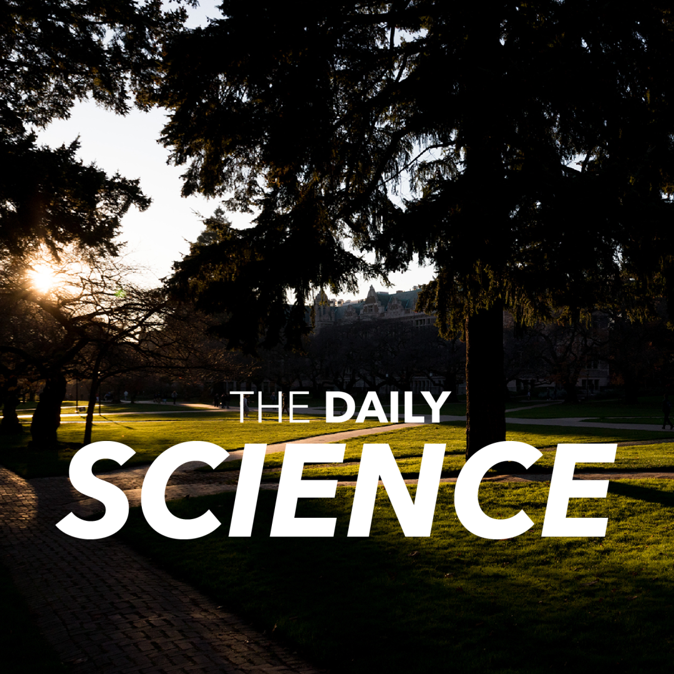Lisa Nathan
Research Area
Education
PhD, University of Washington
MLIS, Simmons University
About
Hello and thank you for your interest in my work.
I am a faculty member at a public, post-secondary institution that occupies unceded Musqueam territory (i.e., I am an uninvited guest on stolen land).
My research, teaching, and service are guided by aspirations of humility, reciprocity, and imagining otherwise (generatively explored by Octavia Butler, Daniel Heath Justice, adreinne maree brown, Ruha Benjamin, and so many other inspiring writers).
Research
“[E]very information policy decision supports a particular vision of how society should be”
(Braman, 1989, p. 240).
For over two decades my research has focused on interactions between values and information systems, particularly in relation to sustainability and climate justice. Influenced by the work of Sandra Braman, I view information policies as a generative way to understand values in action.
Why does information policy matter? Whether you are trying to: access a paywalled, publicly funded climate science research article; click through a dark pattern cookie setting popup; or view Musqueam sacred belongings through a Parisian museum’s web interface, your daily actions are shaped by layers of information policy. Behind each of these examples are information policies that influence our ability to do so many things: access research our taxes paid for; choose whether our digital traces can be tracked and sold; or uphold Indigenous communities’ collective rights and responsibilities to steward their belongings. Within contemporary information ecosystems of algorithmically-sorted feeds and addictive-by-design applications, information policies are one of the few places where what is valued is explicitly stated, can be challenged, and changed.
Through my research I investigate how information policies, along with our practices and technological functionalities, shape the information ecologies within which we live, work and play. How might we imagine otherwise in the development of information policy? How might information policies informed by values of sustainability and climate justice help us craft thriving futures for all?
Teaching
Recent courses I developed include:
- LIBR 593b Information in Times of Crisis (with Dr. Luanne Sinnamon)
- LIBR 564 Information Practice and Protocol in Support of Indigenous Initiatives (with Amy Perreault)
- LIBR 569S Information Worlds of Climate Justice
- INFO 100 (De)coding Information and Why It Matters (developed with Drs. Michelle Kaczmarek, Saguna Shankar, and Eric Meyers)
- INFO 456 Information Policy & Society
School of Information Major Service Roles
- 2023-current Doctoral Program Chair
- 2019-2021 Graduate Advisor
- 2010-2018 Coordinator of the First Nations Curriculum Concentration
Professional Associations
British Columbia Library Association (Climate Action Committee)
Association for Computing Machinery Special Interest Group on Computers and Society (SIG CAS)
Association for Computing Machinery Special Interest Group on Computer-Human Interaction (SIG CHI)
Canadian Federation of Library Associations/Fédération canadienne des associations de bibliothèques (CFLA) Indigenous Matters Committee
International Federation of Library Associations and Institutions (IFLA): Member (2012-ongoing)
American Library Association (ALA)
American Indian Library Association
American Society of Information Science & Technology
Progressive Librarians Guild
Teaching
Research
- Information & Climate Justice
- Indigenous-led information initiatives
- Information policy/ethics
- Multi-lifespan information systems
Publications
Favorite Journal Articles
- Tulloch, B. J., Kaczmarek, M., Shankar, S., & Nathan, L. P. (2024). When words are key: Negotiating meaning in information research. Journal of Documentation, 80(7), 187–205. https://doi.org/10.1108/JD-05-2023-0103
- Nathan, L.P. and Perreault, A. (2018). Unlearning in the Classroom: Nurturing Skills that Disrupt Pedagogical and Professional Norms. International Journal of Information, Diversity, & Inclusion. 2(1-2), 67-85.
- Eric M. Meyers, Lisa P. Nathan and Casey Stepaniuk (2017). Children in the cloud: Literacy groupware and the practice of reading. First Monday 22 (2)
- Friedman, B., Nathan and Yoo, D. (2017). Multi-lifespan Information System Design: Situating Principles, Policy and Practice. Interacting with Computers, 29(1), 80-96
- Lisa P. Nathan, Anja Thieme, Deborah Tatar and Stacy Branham (2016). Disruptions, Dilemmas and Paradoxes: Ethical Matter(s) in Design Research. Interacting with Computers 29 (1), 1–9
- Lisa P Nathan, Elizabeth Shaffer and Maggie Castor (2015). Stewarding Collections of Trauma: Plurality, Responsibility, and Questions of Action. Archivaria 80
- Nassim JafariNaimi, Lisa Nathan and Ian Hargraves (2015). Values as Hypotheses: Design, Inquiry, and the Service of Values. Design Issues 31 (4), 91–104
- Gollner, K., Webster, T., and Nathan, L.P. (2015). Neighborhood book exchanges: localizing information practice. Information Research, 20(9). http://www.informationr.net/ir/20-3/paper684.html#.VfgMExFVhBc
Favorite (only) Book
- Hazas, M. & Nathan, L.P. (eds.). (2018). Digital Technology and Sustainability: Engaging the Paradox. Routledge
Favorite Conference Papers
- dos Santos, R., Kaczmarek, M., Shankar, S., & Nathan, L. P. (2021). Who are we listening to? The inclusion of Other-than-human participants in design. Proceedings of LIMITS 2021.
- Kaczmarek, M., Shankar, S., dos Santos, R., Meyers, E. M., & Nathan, L. P. (2020, June). Pushing LIMITS: Envisioning beyond the artifact. Proceedings of LIMITS 2020. Computing within LIMITS, online.
- Meyers, E. M., Nathan, L. P., & Tulloch, B. (2019). Designing Picturebook Apps: Valuing Culture & Community. Proceedings of the 9th International Conference on Communities & Technologies – Transforming Communities, 14–23. https://doi.org/10.1145/3328320.3328377
- Meyers, E.M. and Nathan, L.P. (2016). Impoverished Visions of Sustainability: Encouraging Disruption in Digital Learning Environments. Proceedings of the ACM Conference on Computer Supported Cooperative Work (CSCW ‘16). (222-232) Paper received honorable mention
- Halbert, H. and Nathan, L.P. (2015). Designing for Discomfort: Supporting Critical Reflection through Interactive Tools. Proceedings of the ACM Conference on Computer Supported Cooperative Work (CSCW ‘15), (349-360).
- Nathan, L.P., Shaffer, E., Campbell, S., Castor, M. (2015). Collections Of Trauma: Identifying Generative Frictions. Proceedings of the iSchool Conference (iConference ‘15) (9 pages, acceptance rate 58%). Nathan contributed framing and 80% of the writing.
- Friedman, B., & Nathan, L. P. (2010). Multi-lifespan information system design: A research initiative for the hci community. 2243–2246. https://doi.org/10.1145/1753326.1753665
Favorite Chapters
- Hazas, M. and Nathan, L.P. (2018). Introduction to Digital technology and sustainability: engaging the paradox. In M. Hazmas & L.P. Nathan (Eds.). Digital technology and sustainability: Engaging the paradox. (pp.3-13).
- Brown, Pam, Carpenter, J., Lawson, G., Lawson, K., Nathan, L.P. and Turin, M. (2017) Uplifting Voices: Indigenous Languages in Canada in the 21st Century. Reflections of Canada: Illuminating our biggest opportunities and challenges at 150 years. Peter Wall Institute for Advanced Studies, Vancouver, Canada
- Janet Davis and Lisa P. Nathan (2015). Value Sensitive Design: Applications, Adaptations, and Critiques. Handbook of Ethics, Values, and Technological Design, 11–40
Other (Professional Magazines & Reports)
- Bendor, R., Nathan, L. P., Mauriello, M. L., & Bates, O. (2021, June 30). “Everything in the forest is the forest”: A decade of the sustainability in (inter)action forum. Interactions, 28(4), 65–67.
- Nathan, L. P., & Parvin, N. (2019). A story of paradise: Interactive, digitally enhanced, and radioactive. Interactions, 27(1), 74–76.
- Bates, O., Thomas, V., Remy, C., Friday, A., Nathan, L.P., Hazas, M., and Mann, S. (2018). Championing Environmental and Social Justice: Embracing, embedding, and promoting broader notions of sustainability in HCI. ACM interactions, 23(5)
- Carpenter, J., Guerin, A., Kaczmarek, M., Lawson, G., Lawson, K., Nathan, L. P., and Turin, M. (2016). Digital Access for Language and Culture in First Nations Communities (SSHRC Knowledge Synthesis Final Report). http://heiltsuk.arts.ubc.ca/report
- Nathan, L.P. (2016). Teaching, Writing and Reflective Practice. Bulletin of the Association for Information Science & Technology, 43(3)
- Nathan, L.P. & Meyers, E.M. (2016). Enriching Visions of Sustainability. Through Informal Public Pedagogies. ACM interactions, 23(5)
Blogs
CTLT Indigenous Initiatives: Classroom Climate Series: Territory Acknowledgment (Sept. 2016).
Open UBC: Exploring tension and risk in open scholarship (Nov. 2017).
Designing for People: Why It’s Okay to Be Uncomfortable While Learning (Jan. 2019).
The Daily of UW: The need for humility in the fight against the climate crisis (Jan. 2020).
Graduate Supervision
I currently supervise three inspiring doctoral students:
Rodrigo dos Santos (2019-ongoing)
Kristin Kozar (2023-ongoing)
Forrest Klamath (2024-ongoing)
I had the honour of supervising:
Dr. Elizabeth Shaffer (Completion 2019)
Pedagogical Approach
My intention as an educator is to support students in becoming reflective information professionals and community members. I strive to enhance students’ critical thinking skills, enrich their experiential knowledge, and develop their capacity to recognize the limits of their knowledge (cultural & intellectual humility).
The success of any course is tied to students’ capacity and interest to actively participate. Therefore, I work towards an environment (whether in-person or online) that guides and supports engaged inquiry. I encourage students to identify and address issues of marginalization and inequality in dominant information practices (i.e., how information is organized, shared, stored and managed), and most importantly, to imagine otherwise. Imagination is critical for moving from us from critiquing what is, to taking action towards making things better.



